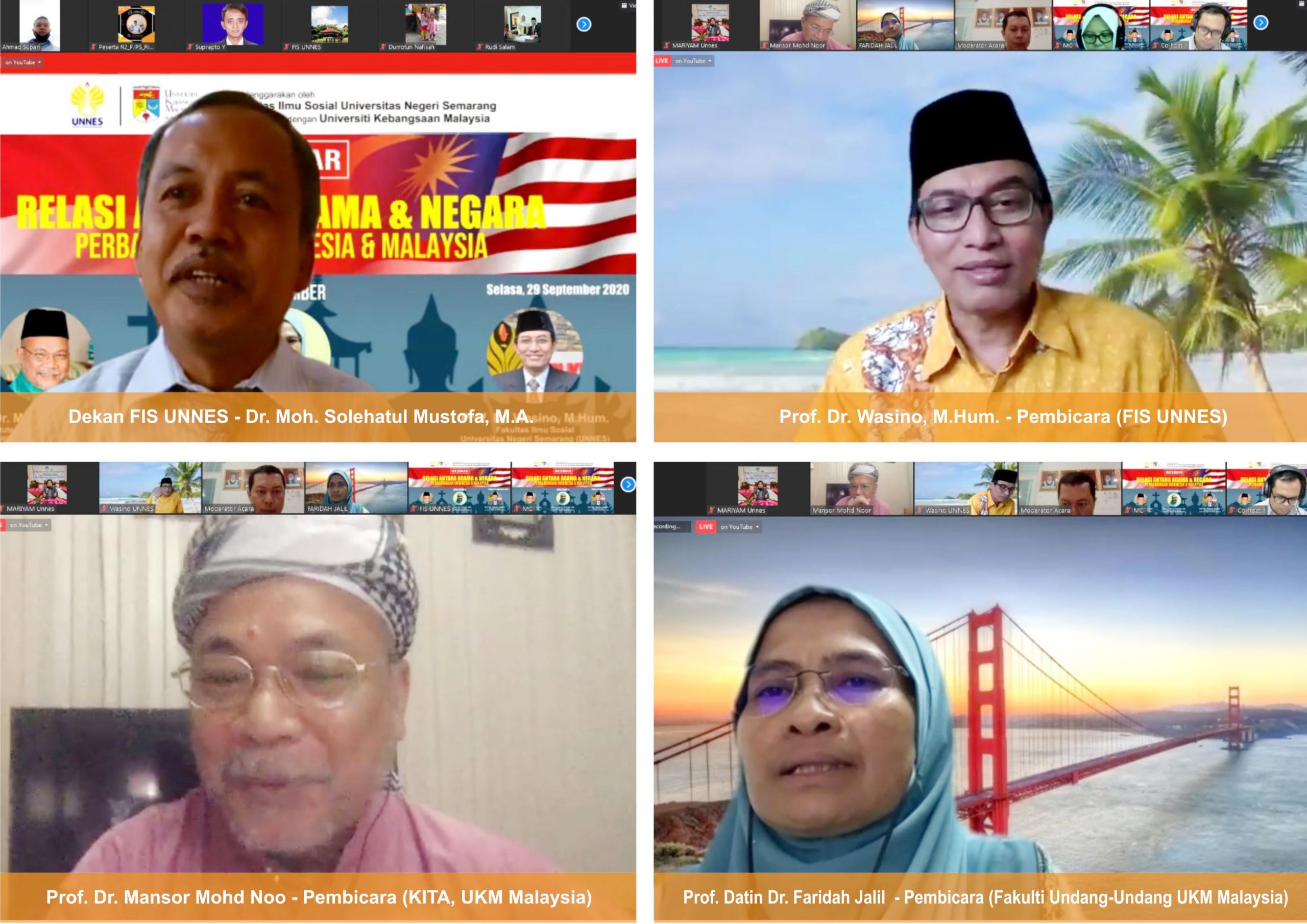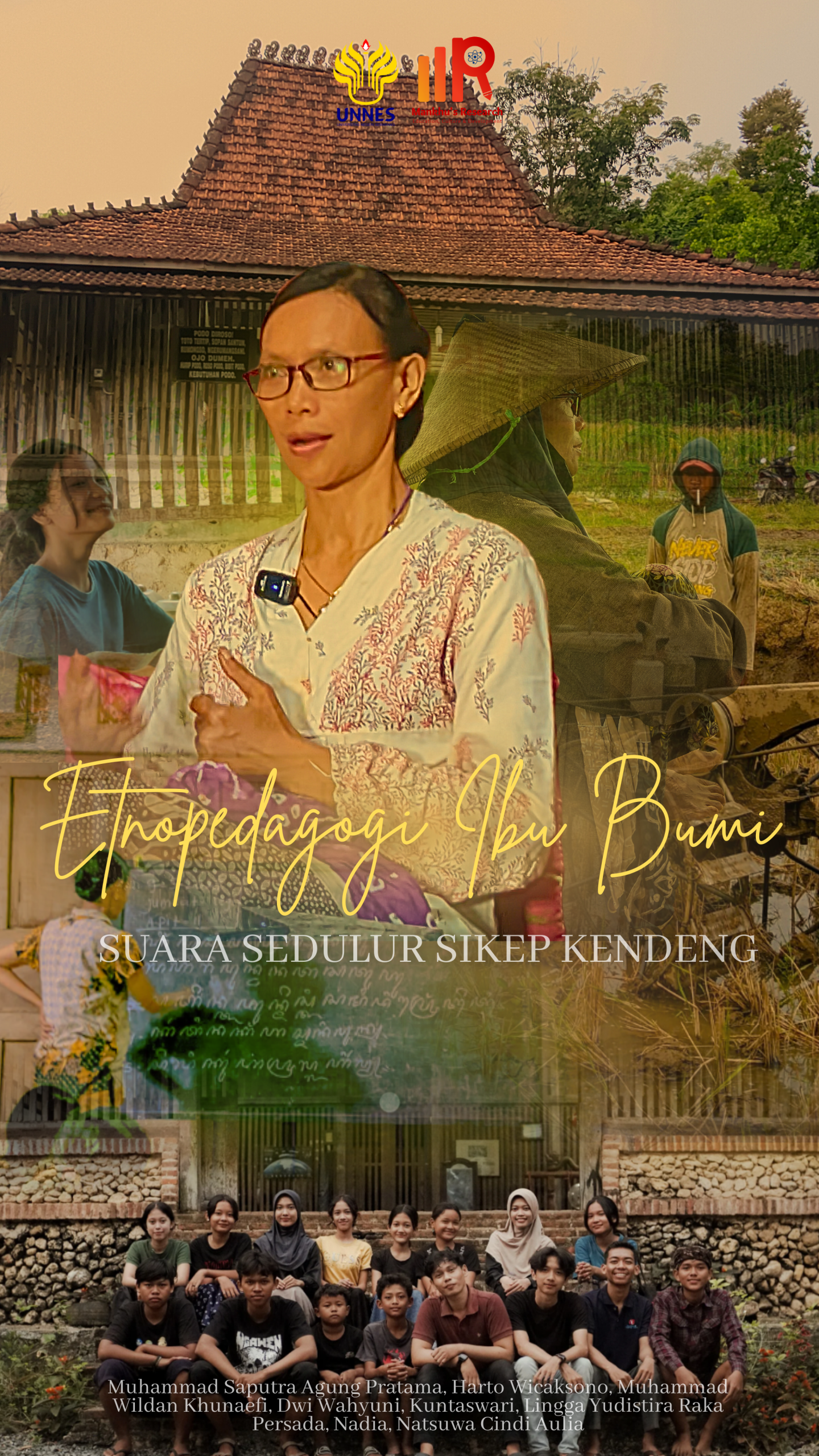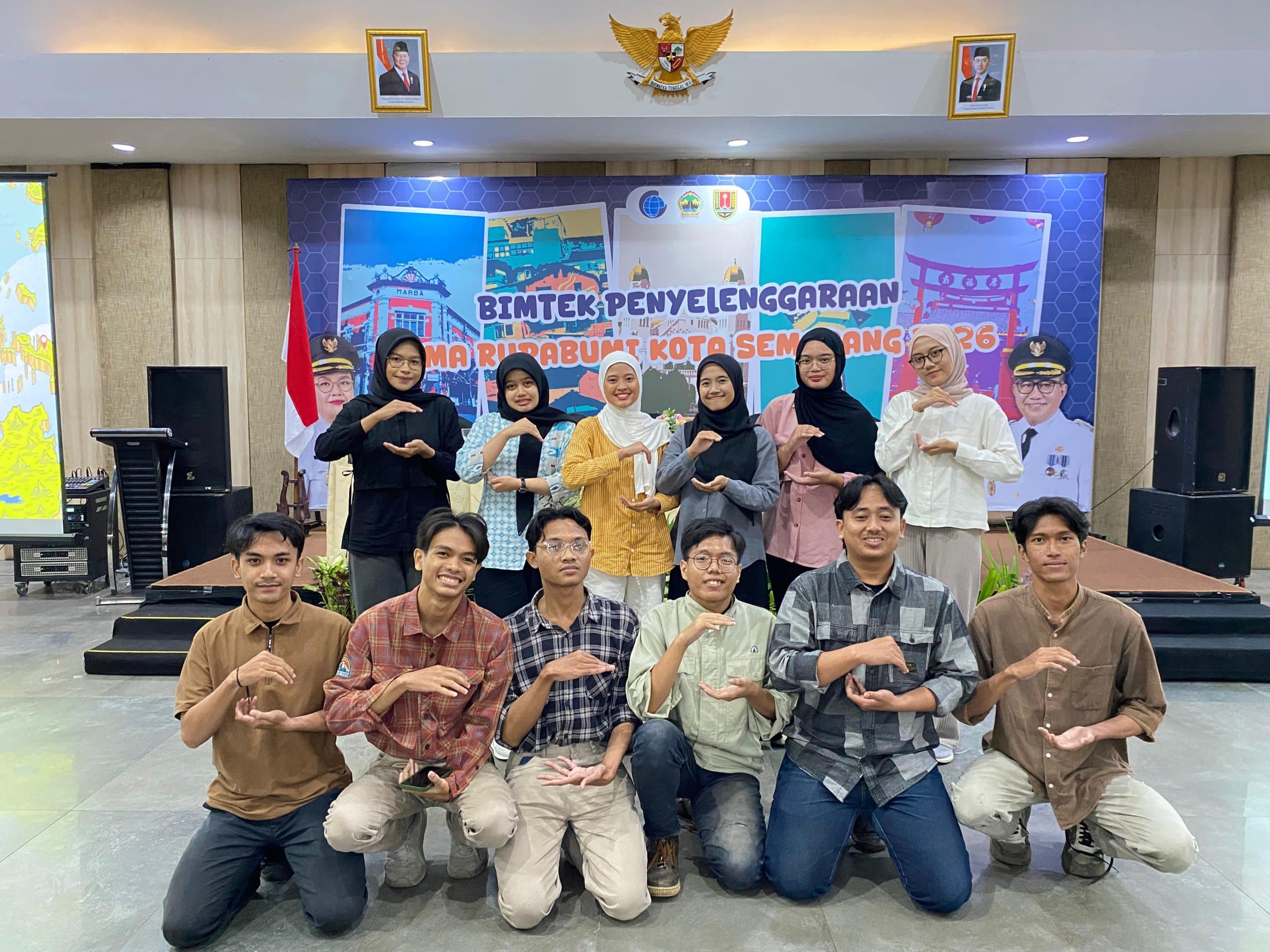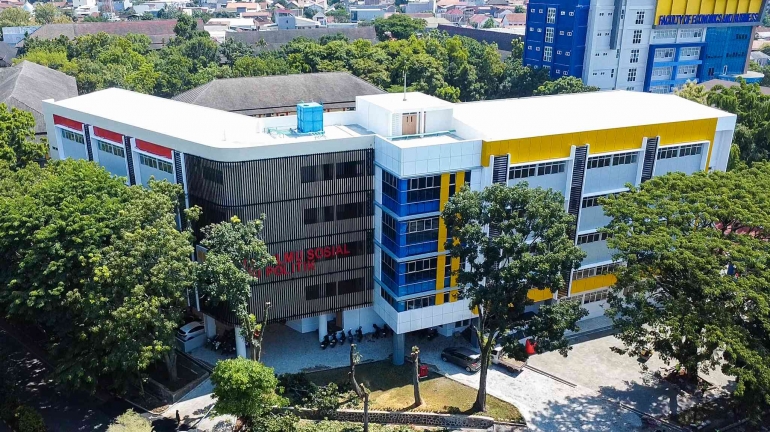Fakultas Ilmu Sosial Universitas Negeri Semarang (FIS UNNES) sukses menggelar webinar Internasional yang mengangkat tema “Relasi Antara Agama dan Negara: Perbandingan Indonesia dan Malaysia”, pada Selasa (29/9/2020)
Webinar dengan aplikasi Zoom Meeting yang diinisiasi oleh Wakil Dekan Bidang Akademik FIS UNNES, Prof. Dr. Wasino, M.Hum. yang berlangsung dari Pukul 10.30 – 13.00 WIB tersebut menghadirkan tiga narasumber, yakni satu narasumber dari UNNES dan dua narasumber dari bekerja sama dengan Universiti Kebangsaan Malaysia (UKM).
Narasumber dari UNNES, yakni Prof. Dr. Wasino, M.Hum, guru besar Jurusan Sejarah FIS UNNES sebagai pakar sejarah yang sudah banyak menerbitkan buku-buku maupun berbagai artikel bidang sejarah yang diterbitkan oleh penerbit nasional maupun jurnal nasional/internasional (bereputasi).
Sedangkan narasumber dari UKM Malaysia, yang pertama yakni Prof. Dr. Mansor Mohd Noor yang merupakan peneliti senior di Institute of Ethnic Studies (KITA) UKM Malaysia dengan kepakaran di bidang Sosiologi, Hubungan Etnik dan Pengajian Pembangunan. Yang kedua yakni Prof. Datin Dr. Faridah Jalil dengan keahlian di bidang constitutional law, administrative law, jurisprudence dari Fakulti Undang-Undang UKM Malaysia.
Prof. Wasino dalam webinar ini menyatakan bahwa di Indonesia, agama merupakan faktor penting dalam kehidupan sosial dan politik. Dalam kaitan ini, perhatian negara terhadap agama menjadi sangat diperlukan, dan hal ini juga memiliki akar sosiologis dan historis yang sangat panjang. Pertama, agama dikelola oleh negara, tetapi dalam proses sejarah, terutama pada masa penjajahan Belanda, agama dikelola oleh kekuatan non pemerintah yang menjadi oposisi terhadap negara. Lebih lanjut Prof Wasino mengungkapkan bila di Indonesia, relasi negara dan agama naik turun. Pada masa Orde Baru, negara sepenuhnya memiliki kekuasaan besar untuk mengatur agama, namun setelah era Reformasi negara lebih lemah dari sebelumnya, ormas yang berkolaborasi dengan partai Islam memiliki posisi tawar yang kuat kepada pemerintah. Saat ini Indonesia masih dihadapkan dengan isu-isu radikalisme dan terorisme yang acapkali dikait-kaitkan dengan Islam, untuk itu sudah semestinya negara hadir untuk dapat memberikan edukasi dan menjamin kenyamanan hidup beragama dan bernegara di Indonesia.
Prof. Dr. Mansor Mohd Noor sebagai peneliti senior di Pusat Kajian Etnik UKM Malaysia, menyampaikan hasil kajiannya terkait dengan kondisi atau hubungan agama dan negara di Malaysia. Beliau mengatakan bahwa hal penting bagi Negara Malaysia adalah Melayu, Islam, Bahasa Melayu, Budaya Melayu, Raja/Sultan, dan platform integrasi adalah Islam adalah agama federasi tetapi agama lain tetap ada, bahasa melayu adalah bahasa nasional tetapi bahasa ibu lainnya diajarkan, bahasa Melayu dan penduduk asli Sabah dan Sarawak diberi posisi khusus tetapi kepentingan minoritas lainnya dilindungi oleh Raja Malaysia.
Sedangkan Prof. Datin Dr. Faridah Jalil yang merupakan pakar hukum di Fakulti Undang-Undang UKM Malaysia, menyatakan bahwa Malaysia adalah negara multietnis dan agama seperti halnya kondisi di Indonesia. Agama juga telah diakomodasi dalam pengaturan konstitusi di Malaysia, dengan demikian hubungan agama dan negara telah diformalkan untuk dapat menjamin berlangsungnya kehidupan beragama dan bernegara yang damai.
Peserta webinar yang berasal dari Indonesia dan Malaysia juga diberikan kesempatan untuk mengajukan pertanyaan kepada para pembicara yang dipandu oleh Moderator Mukhamad Shokheh, S. Pd., M. A. (Dosen FIS UNNES – Kandidat Doktor Universiti Teknologi Malaysia) untuk dapat menggali informasi lebih dalam terkait dengan relasi agama dan negara.




